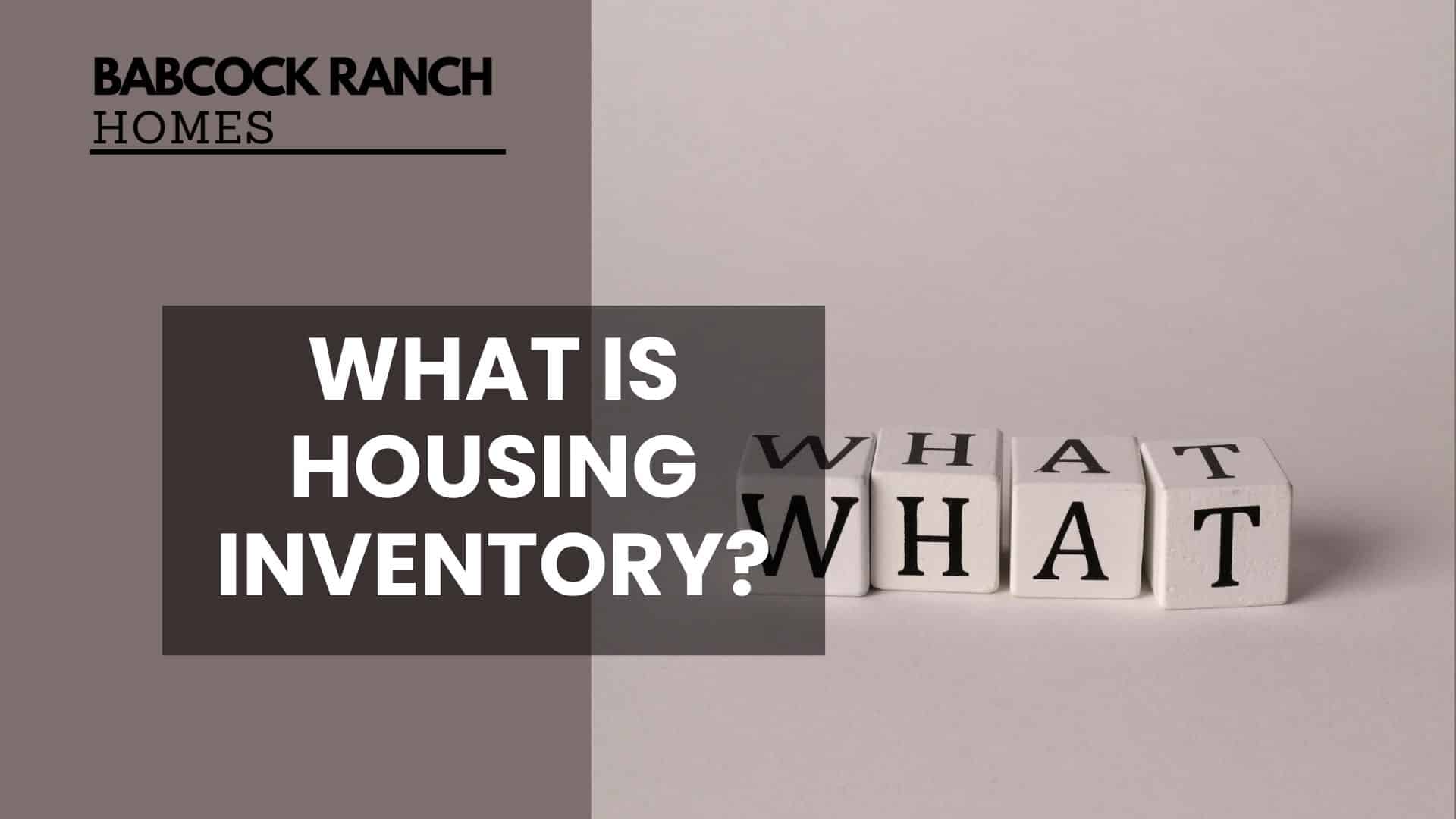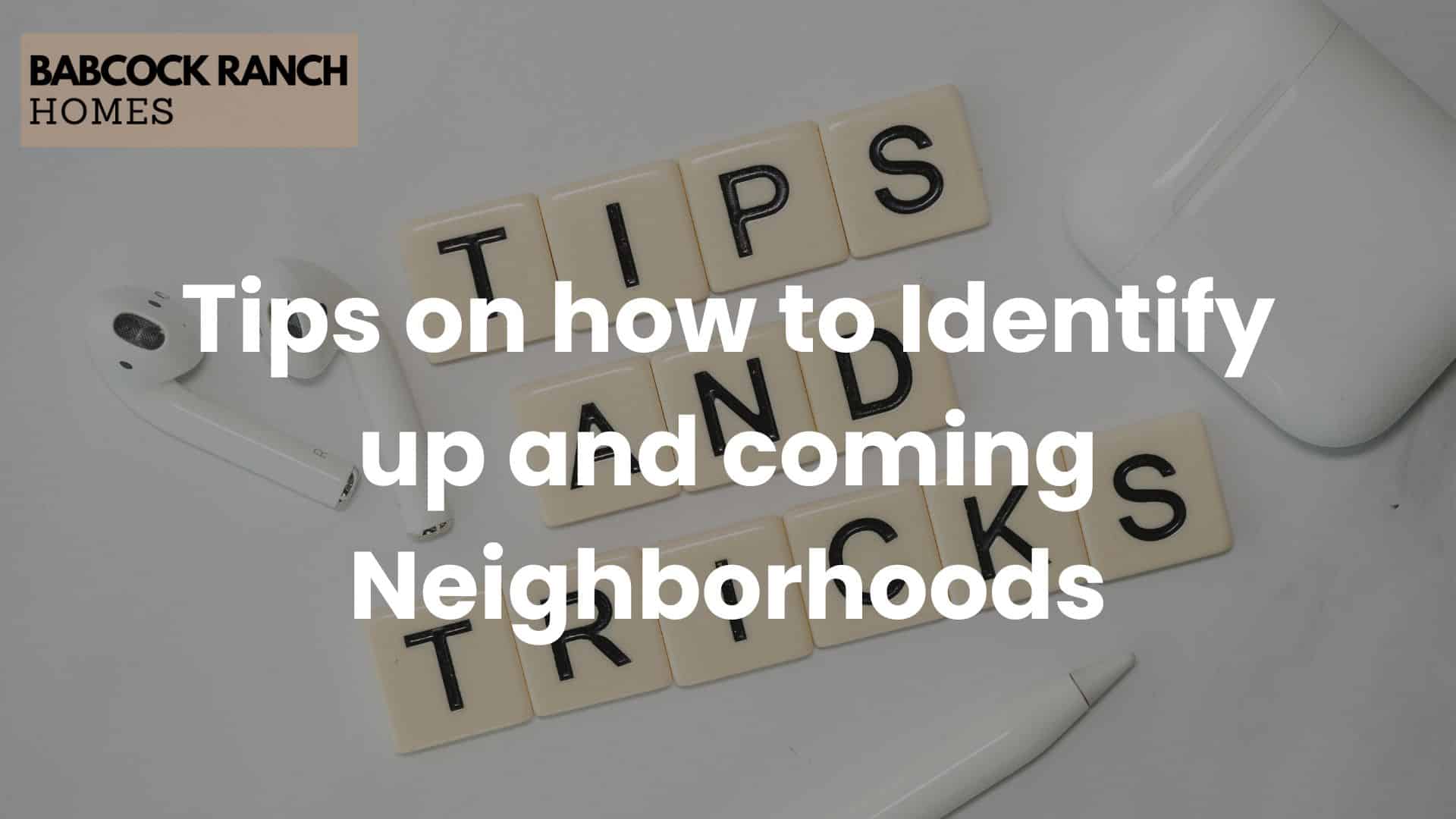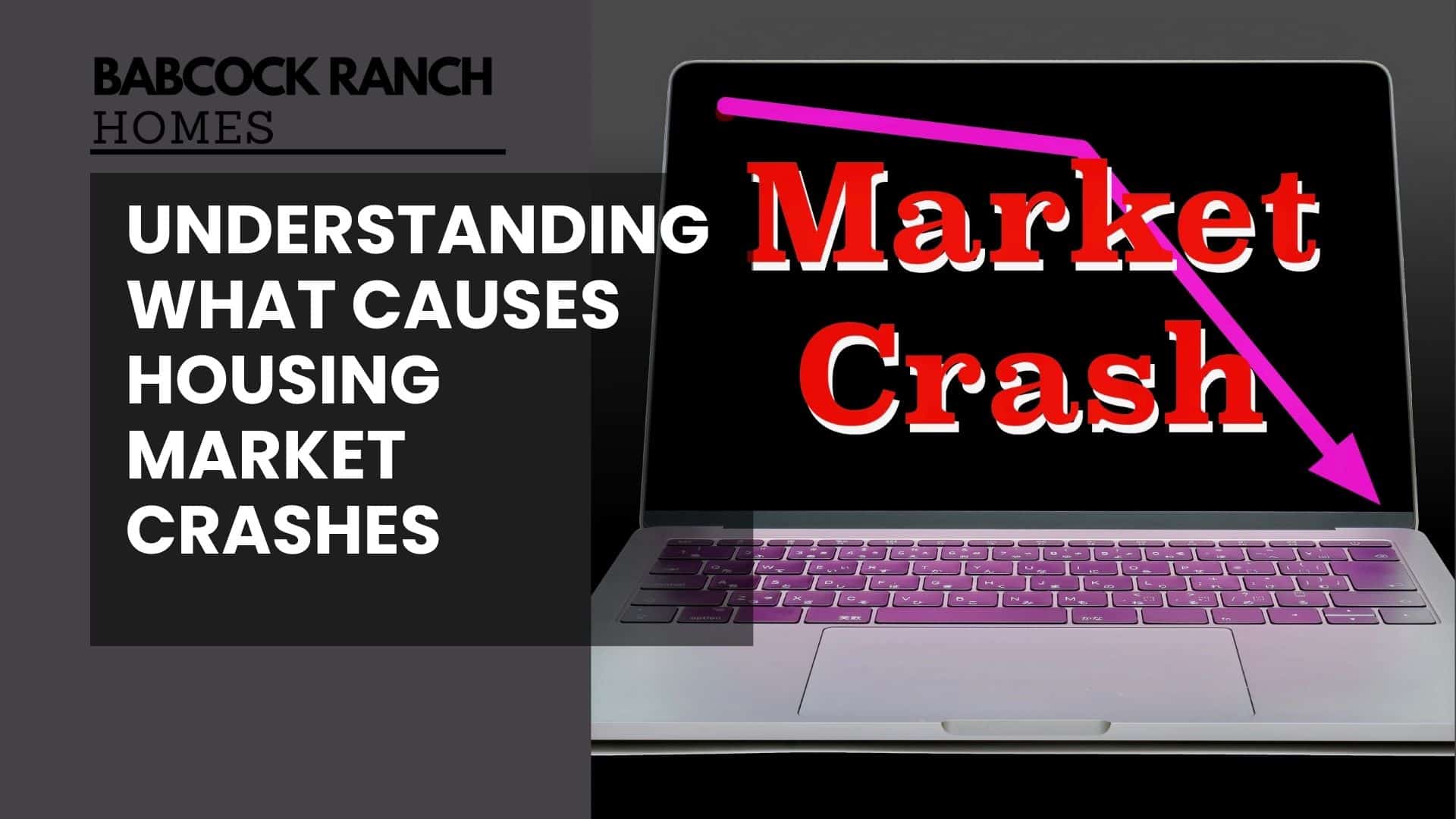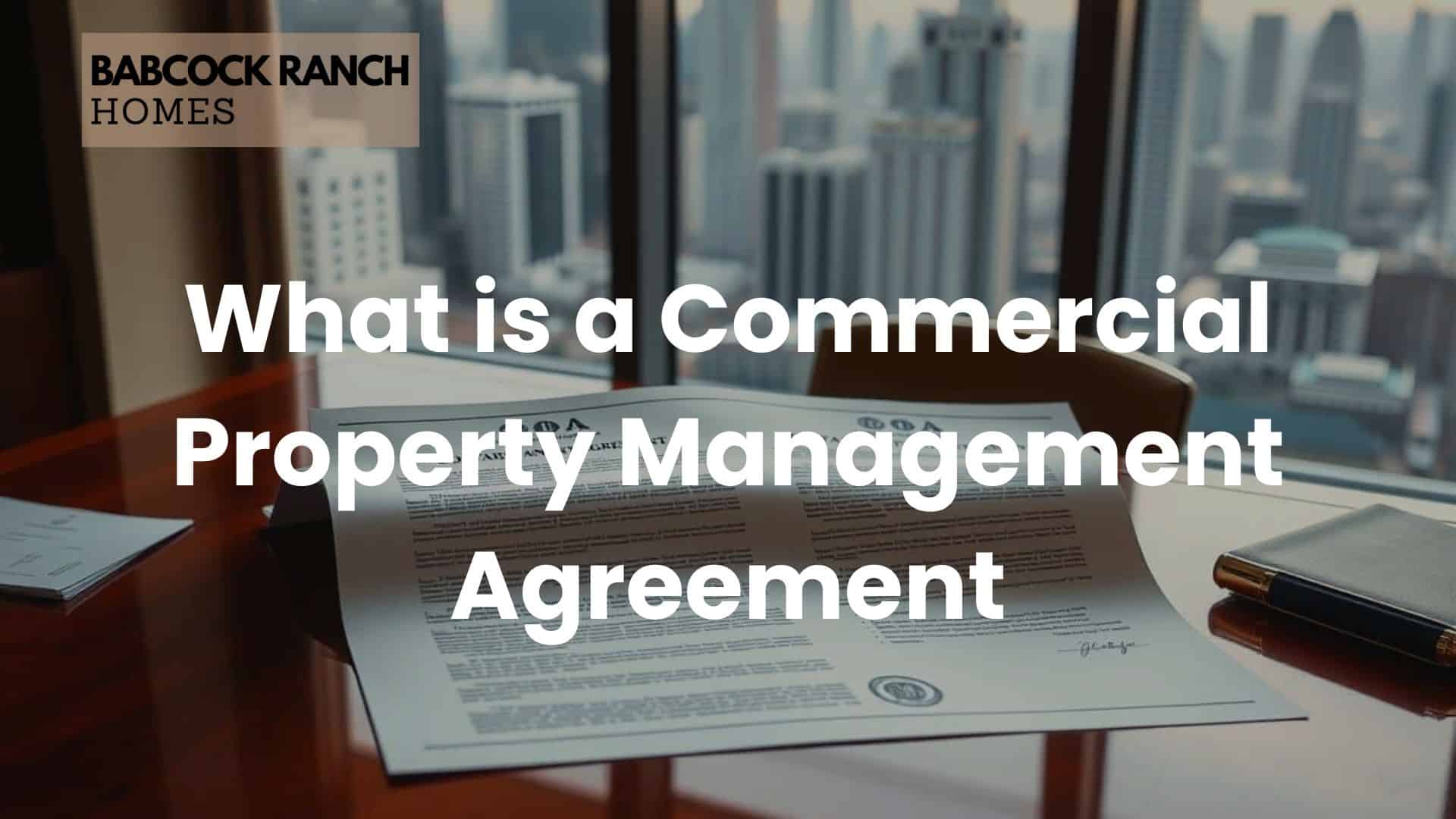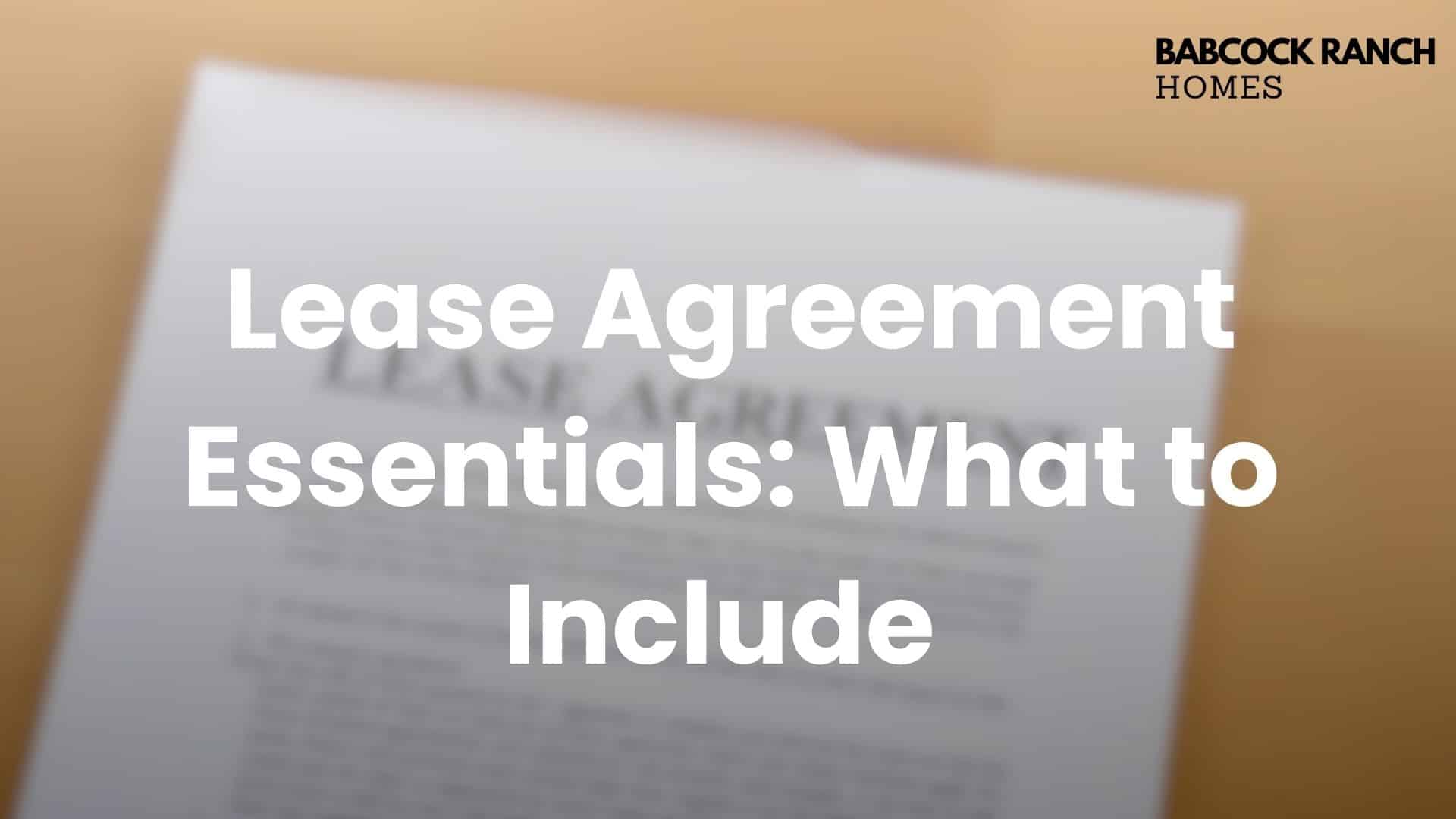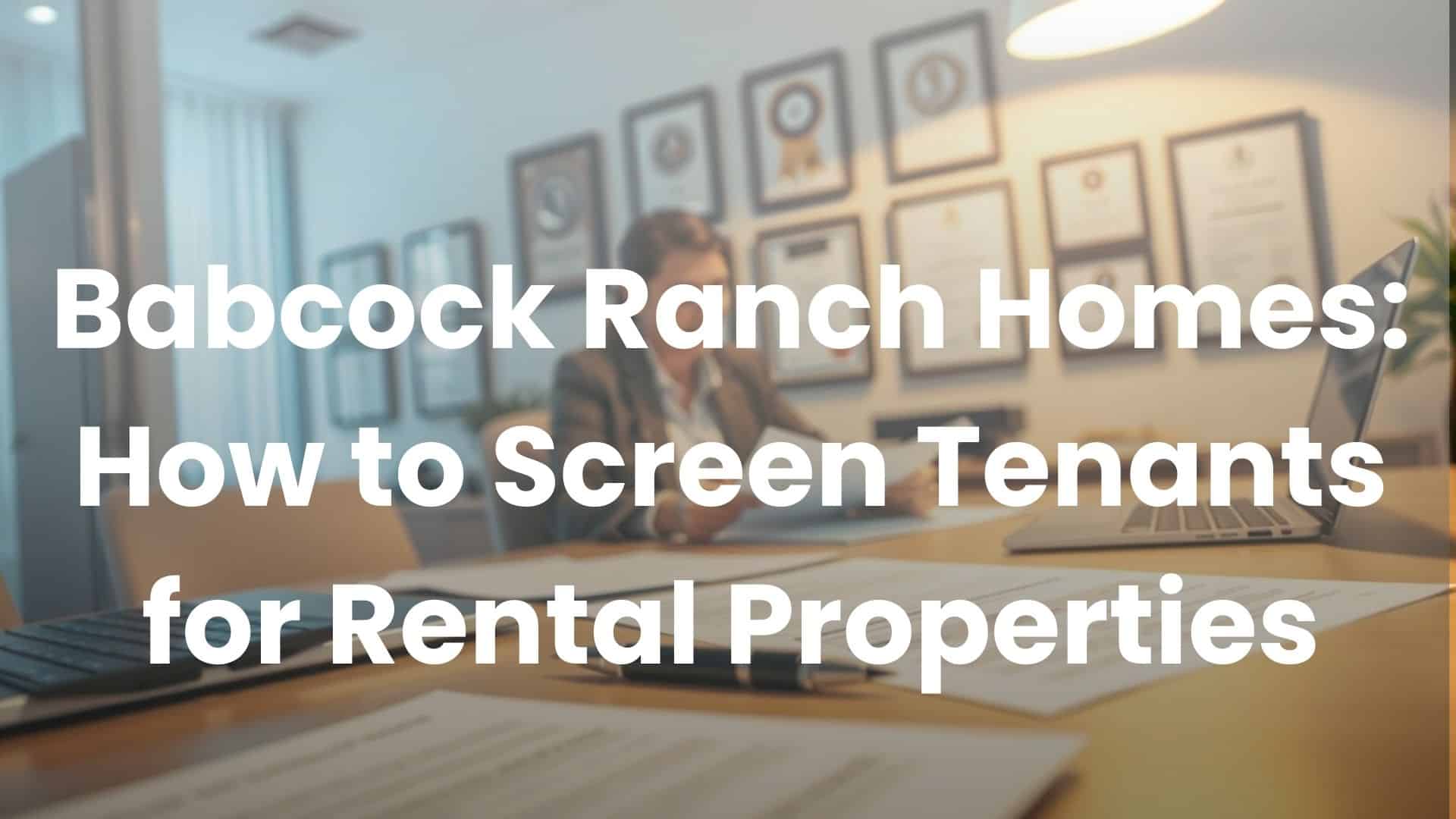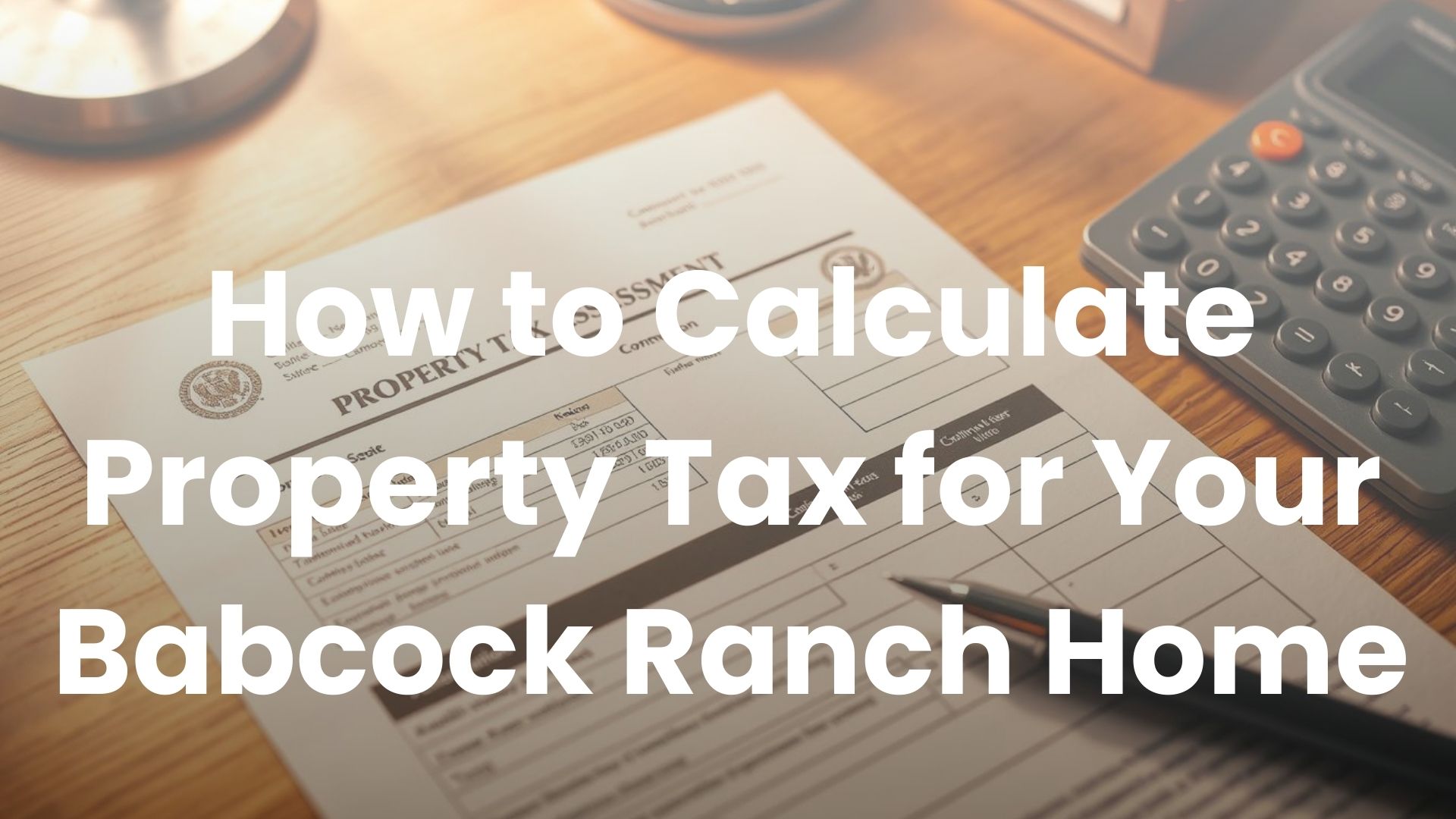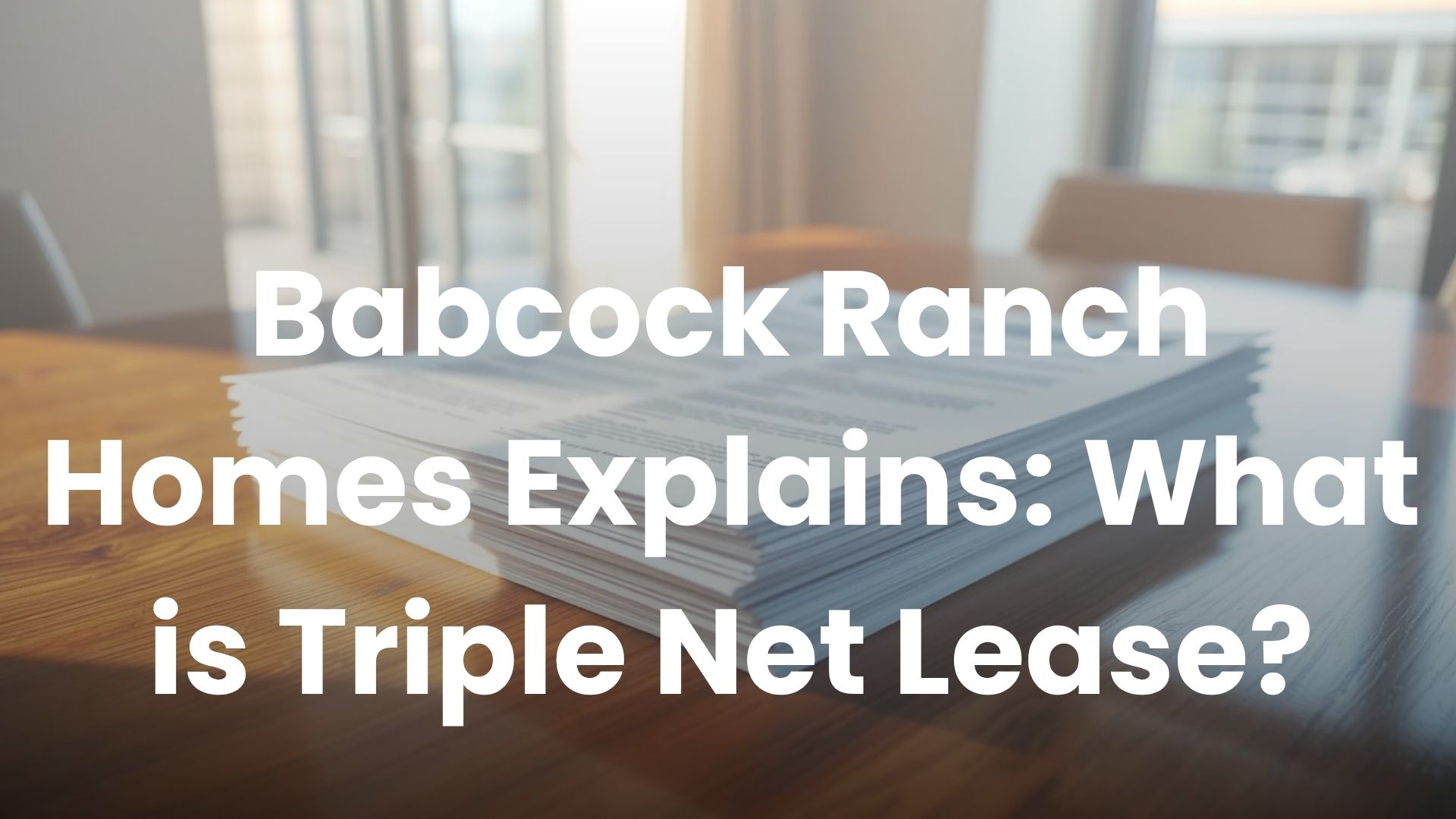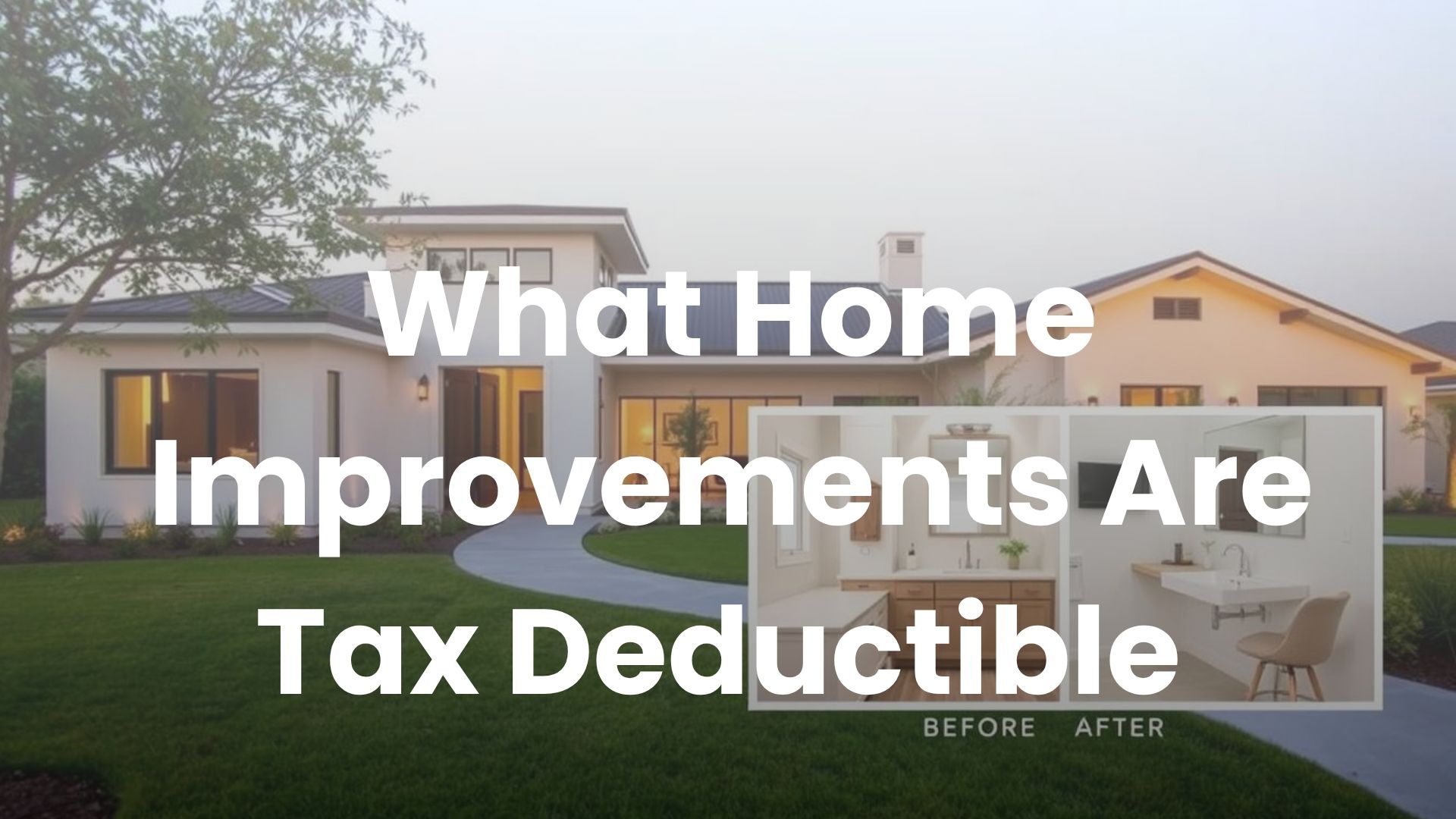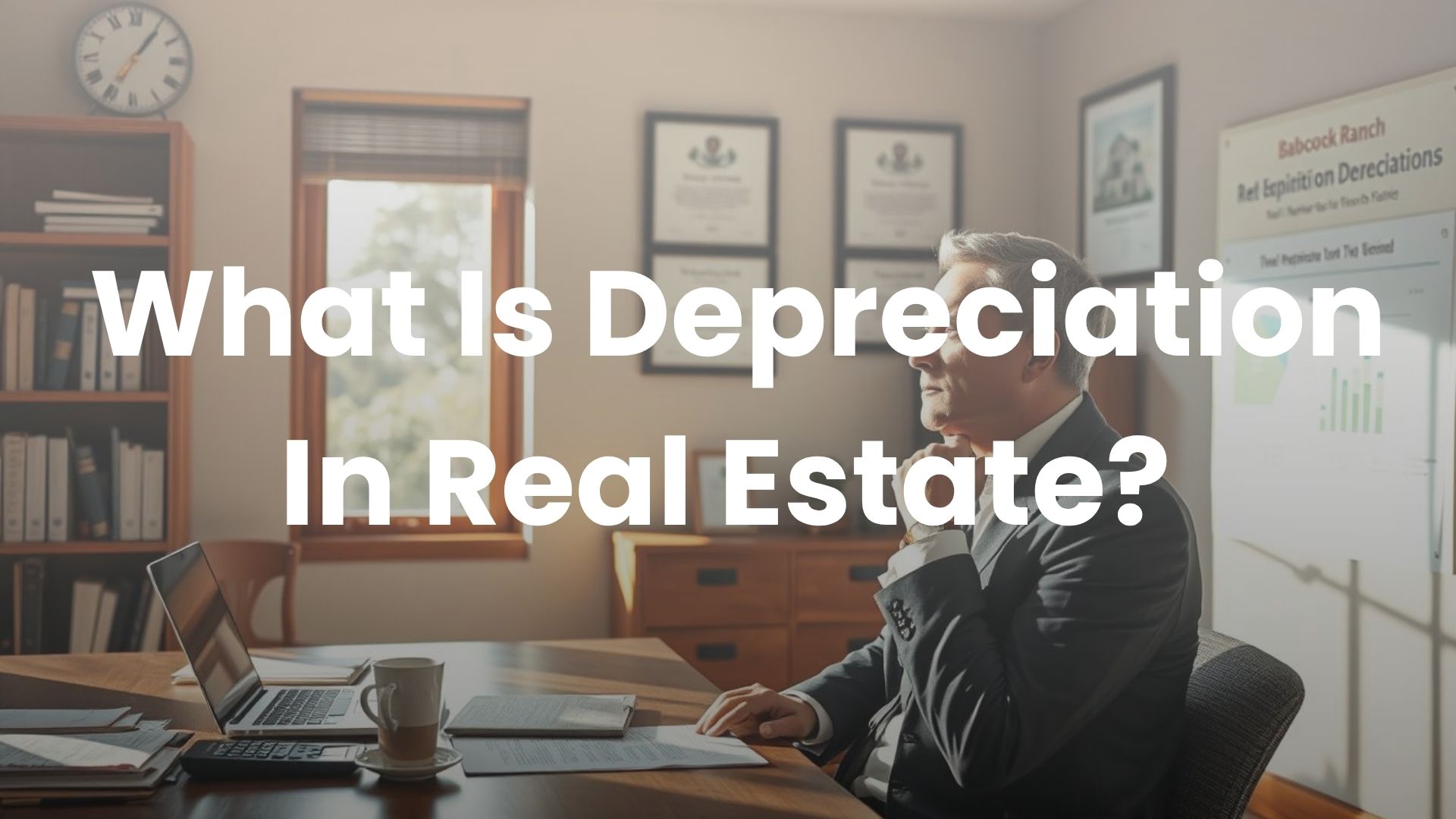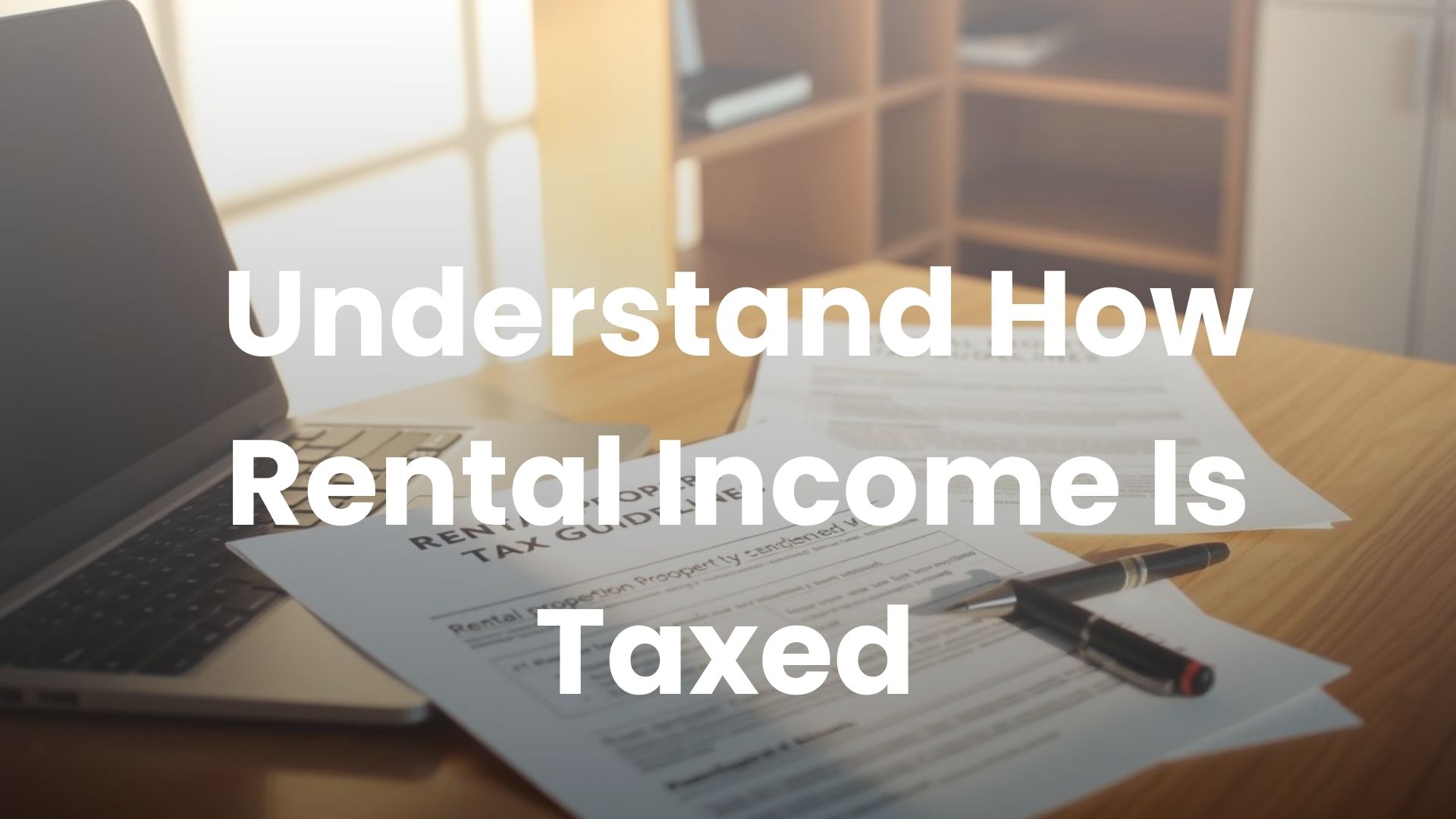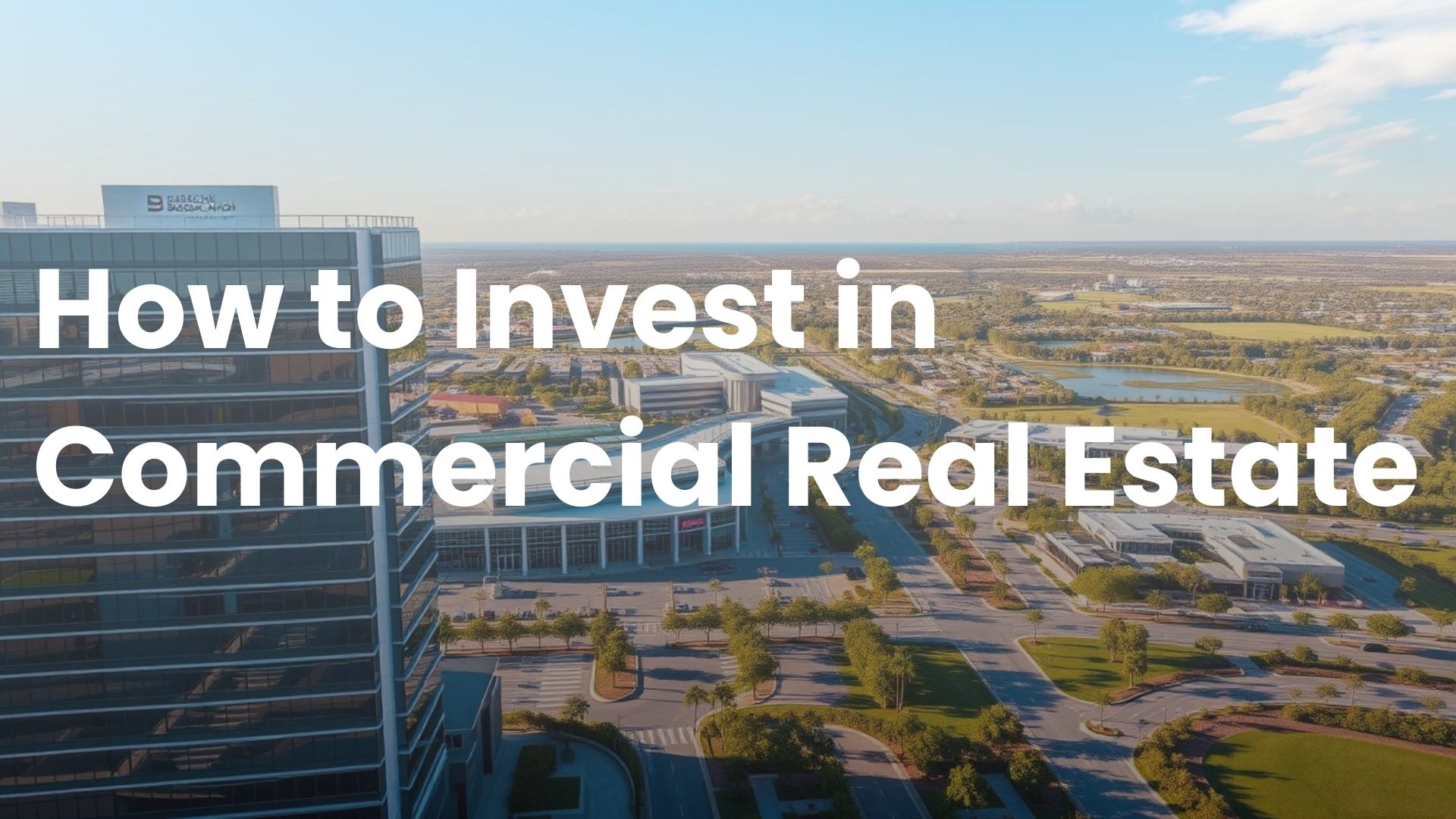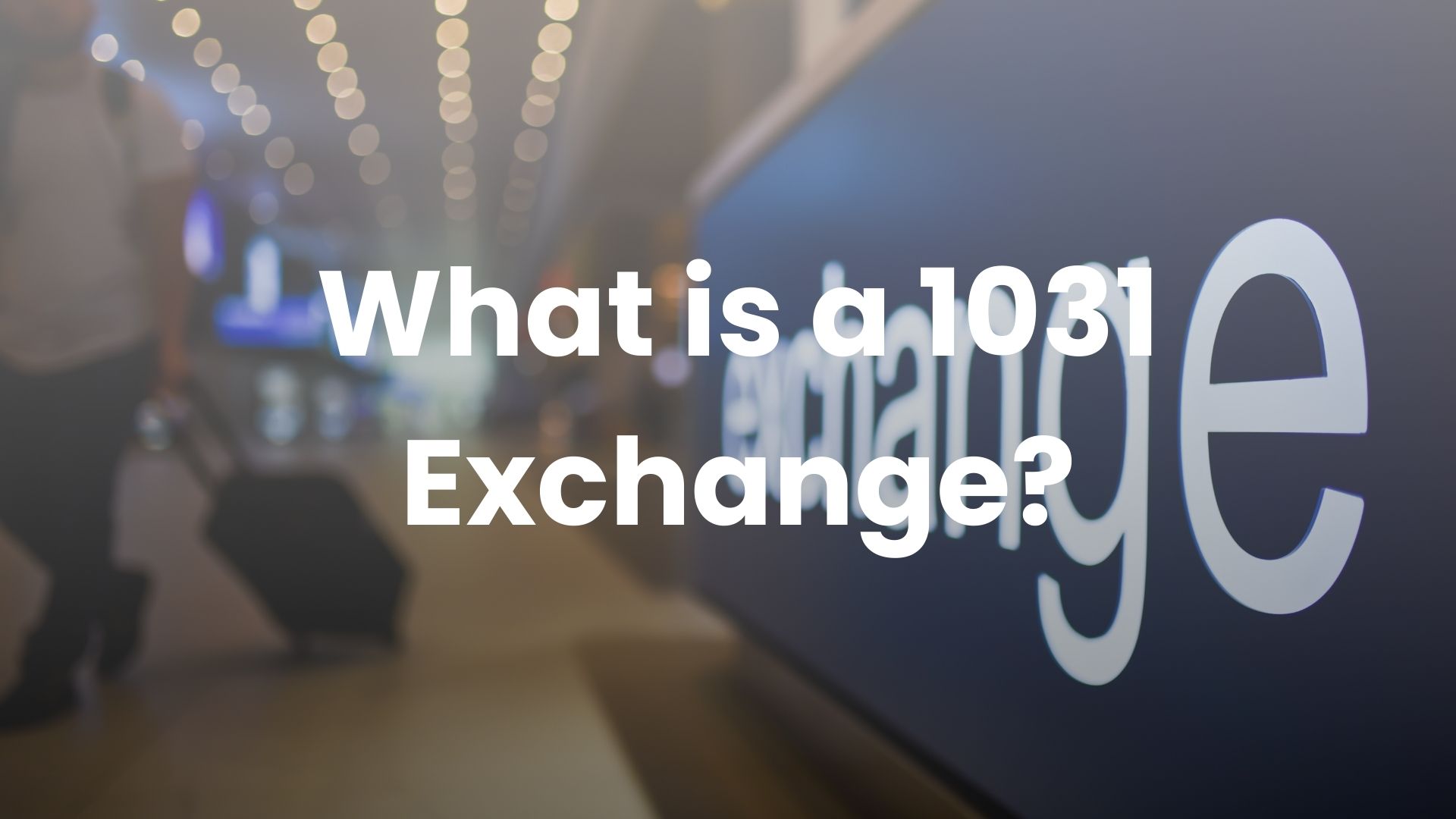Understanding mortgage refinancing can be tricky. At Babcock Ranch Homes, we know homeowners want to know the costs. Refinancing usually costs between 2% to 6% of the new loan amount. This is a big deal for homeowners.
Mortgage refinance fees include many costs that affect your finances. With average closing costs around $2,375, it’s important to weigh the pros and cons of refinancing.
Our team at Babcock Ranch Homes is here to guide you clearly through refinancing. For tailored advice, call our specialists at 518-569-7173. Let’s explore your refinancing options together.
Key Takeaways
- Refinancing costs range from 2% to 6% of the new loan amount
- Average closing costs are approximately $2,375
- Multiple factors influence refinancing expenses
- Closing costs vary based on loan type and location
- Professional consultation can help optimize refinancing decisions
Understanding Mortgage Refinancing Basics
Mortgage refinancing is a smart financial move for homeowners. It lets them change their loan terms and possibly better their financial health. By swapping their current mortgage for a new one, homeowners can find new financial benefits.
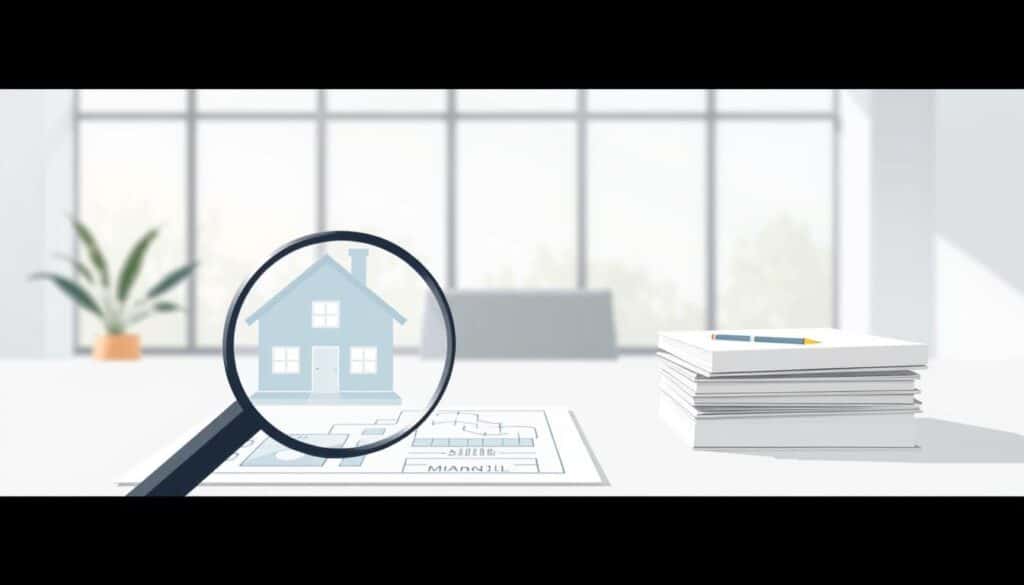
Refinancing costs usually fall between 2% and 6% of the new loan’s amount. It’s key to know the costs and benefits of this process.
What is Mortgage Refinancing?
Mortgage refinancing means getting a new loan to replace your old one. This move can help homeowners:
- Lower their monthly payments
- Use home equity
- Change the loan term
- Switch to a fixed-rate mortgage from an adjustable one
Why Consider Refinancing Your Mortgage?
There are good reasons to think about refinancing:
- Interest Rate Reduction: Get lower refinance rates
- Consolidate debt
- Pay for home improvements
- Remove private mortgage insurance
Types of Mortgage Refinancing Options
There are various refinancing options for different needs:
| Refinance Type | Key Features |
|---|---|
| Rate-and-Term Refinance | Adjust interest rate or loan term |
| Cash-Out Refinance | Leverage home equity for cash |
| Streamline Refinance | Simplified process for government-backed loans |
Knowing these options helps homeowners choose the right mortgage strategy. Always compare costs and rates to find the best option for your financial goals.
Average Refinancing Costs in 2024

Understanding mortgage refinancing costs is key. In 2024, homeowners need to know about all the expenses. These costs can greatly affect your financial plans.
Refinancing a mortgage can cost about $5,000 in closing costs. These costs usually range from 2% to 6% of the loan amount. For a cash-out refinance, you might pay a bit more because of extra steps.
- Loan origination fees: 0.5% to 1% of mortgage amount
- Home appraisal costs: Around $550 for single-family homes
- Title insurance and search fees: Approximately $1,000
- Credit report charges: $30 to $50
Several things can change how much you pay for refinancing:
- Your credit score
- The type of loan you choose (conventional, FHA, VA)
- Where your property is located
- The state of the market
Using a refinance calculator can show you how much you might save. It helps decide if the upfront costs are worth it. Experts say to refinance when rates drop by at least 0.75 percentage points.
Smart refinancing is about balancing immediate costs with future savings.
How Much Does It Cost to Refinance a Mortgage
Knowing the costs of refinancing a mortgage is key for homeowners. It helps them make smart financial choices. The process includes several expenses that can affect your finances a lot.
Homeowners should expect to pay 3% to 6% of the loan amount in total closing costs. These costs change based on a few important things:
- Loan size and complexity
- Geographic location
- Refinance credit score requirements
- Current market conditions
Breaking Down the Standard Fee Structure
Refinancing costs include several parts. Lenders charge origination fees, usually around 1% of the loan amount. These fees cover the work of processing your new loan.
Understanding Percentage-Based Costs
The total refinancing expenses are a percentage of your new loan balance. Borrowers with better credit can get better deals. Having a credit score of 700 or higher can lower your costs.
Regional Cost Variations
Refinancing costs vary by region in the United States. Cities with higher property values might have slightly higher closing costs than rural areas.
| Cost Component | Typical Range |
|---|---|
| Origination Fees | 0.5% – 1.5% of loan amount |
| Appraisal Fees | $300 – $600 |
| Title Search | 0.5% – 1% of home value |
Looking closely at these costs helps homeowners decide if refinancing is right for them.
Common Refinancing Fees and Charges
Mortgage refinance fees can add up quickly. Knowing the different closing costs helps homeowners make smart choices. Costs usually range from 2% to 6% of the new loan amount.
- Application Fees: Up to $500 for processing your refinance request
- Origination Fees: Typically 1% of the loan amount ($300-$500)
- Appraisal Fees: $300-$500 for property valuation
- Credit Check Fees: Approximately $25 to review credit history
- Title Services: $300-$2,000 for title search and insurance
- Recording Fees: $25-$250 depending on local regulations
The average mortgage refinance has $2,375 in closing costs, not including taxes. For a $150,000 mortgage refinance, costs can be from $3,000 to $9,000. Homeowners should weigh these costs against long-term savings.
Pro tip: A higher credit score can help secure better refinancing terms and potentially lower overall costs.
Streamline refinance options for government-backed loans like FHA and VA may have lower closing costs. Always compare offers from different lenders. Calculate your break-even point to see if refinancing is financially wise.
Application and Origination Fees Explained
When you refinance your mortgage, you’ll face different fees. These costs can affect your financial plan. It’s important to understand these fees before you start.
Two main fees you’ll see are application and origination fees. These are key parts of the refinancing process. They can change your refinance rates and how much you owe on your home.
Understanding Application Fees
Application fees are the first cost you’ll see. They can range from $75 to $500. These fees help your lender start working on your application.
- Average cost range: $75 – $500
- Purpose: Administrative processing
- Potential for waiver: Varies by lender
Origination Fee Structures
Origination fees are bigger, usually a percentage of your loan. They can be 1% to 1.5% of the loan amount. For a $250,000 loan, this could be $2,500 to $3,750.
| Loan Amount | Typical Origination Fee | Fee Range |
|---|---|---|
| $200,000 | $2,000 – $3,000 | 1% – 1.5% |
| $250,000 | $2,500 – $3,750 | 1% – 1.5% |
| $300,000 | $3,000 – $4,500 | 1% – 1.5% |
Negotiating These Costs
You can lower these fees by negotiating. Look at different lender offers. Use your good credit and low loan-to-value ratio to get better deals.
- Compare multiple lender quotes
- Highlight strong credit history
- Demonstrate low loan-to-value ratio
- Ask about fee reduction possibilities
Pro tip: Some lenders might offer reduced fees for existing customers or those with excellent credit profiles.
Appraisal and Home Inspection Costs

When you think about refinancing your mortgage, knowing about appraisals is key. These fees are part of the costs you’ll face. They help lenders figure out what your home is worth today.
The cost of a home appraisal usually falls between $300 and $500. On average, it’s about $357. Several things can affect this price:
- Property size and complexity
- Local real estate market conditions
- Home’s overall condition
- Type of mortgage loan
Lenders need appraisals to check your home’s value and understand risks. The appraisal process usually takes 20 minutes to a few hours. This depends on your home’s details. There are also quicker options like desktop or drive-by appraisals to save money.
Some government-backed refinance programs might not need a full appraisal. This could save you money on closing costs.
An accurate home appraisal helps determine your loan amount and possible private mortgage insurance (PMI) needs.
Remember, appraisal fees are usually paid upfront and can’t be refunded. This is true even if the refinance doesn’t go through.
Title Search and Insurance Expenses
Refinancing a mortgage has many steps, with title search and insurance being key. Knowing these costs helps homeowners figure out the total cost of refinancing. This is important when using a refinance calculator.
Title services are a big part of refinancing. Homeowners usually spend $700 to $900 for these services. These costs protect both the lender and homeowner from legal issues.
Title Search Process
A title search looks into who owns the property. It checks:
- Previous property owners
- Existing liens or legal claims
- Potential ownership disputes
- Outstanding legal encumbrances
Insurance Coverage Requirements
Title insurance protects against legal issues with property ownership. When using a refinance calculator, remember to include these insurance costs.
| Insurance Type | Coverage | Typical Cost Range |
|---|---|---|
| Lender’s Title Insurance | Protects Lender’s Investment | $500 – $1,500 |
| Owner’s Title Insurance | Protects Homeowner’s Equity | $700 – $2,000 |
“Title insurance is not just an expense, but a critical safeguard for your most significant investment.” – Real Estate Expert
When figuring out the cost of refinancing, remember these title-related expenses. A good refinance calculator will show you the full cost of refinancing.
Credit Report and Underwriting Fees
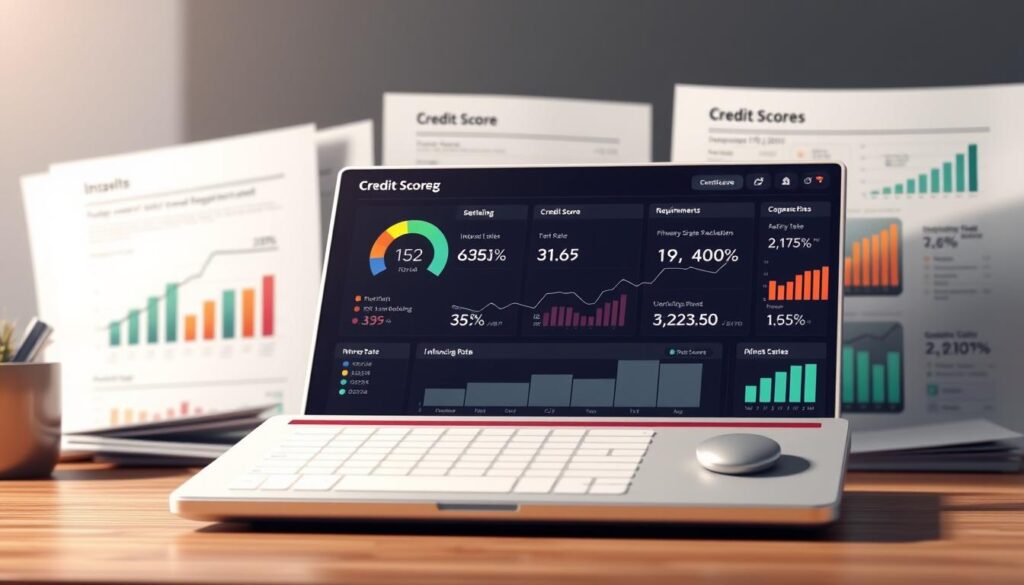
When you refinance, you need to know about different fees. These include credit report and underwriting costs. They are key to figuring out your refinance rates and if you’ll get the loan.
Getting your credit checked is a big part of refinancing. Lenders usually charge about $25 for this. Multiple credit checks in 14-30 days count as one. This helps keep your credit score from getting hurt while you shop for rates.
Underwriting fees are another big cost. They can be between $300 and $900, depending on the lender. These fees cover a deep look at your finances, credit score, and if you qualify for the loan.
A good credit score can really help your refinancing. It can lead to better terms and savings.
Key Costs and Considerations
- Credit check fees: Approximately $25
- Underwriting fees: $300 – $900
- Minimum FICO score for conventional loans: 620
- Minimum FICO score for FHA loans: 580
Refinance Credit Score Requirements
| Loan Type | Minimum Credit Score | Typical Refinance Rates |
|---|---|---|
| Conventional Loans | 620 | 3.5% – 6.5% |
| FHA Loans | 580 | 3.0% – 5.5% |
| VA Loans | 620 | 2.75% – 5.0% |
Lenders often give better rates to those with higher credit scores. A strong credit score can lead to better loan terms. This can also lower your refinancing costs.
Government-Backed Refinance Programs
Homeowners looking for affordable refinancing can find help with government-backed programs. These programs make refinancing easier and can save money. They also have simpler application steps.

These programs are made for specific groups of homeowners. They aim to lower financial hurdles and make refinancing easier to get.
FHA Streamline Refinance
The FHA streamline refinance is great for those with FHA loans. It has big benefits:
- No home appraisal needed
- Less paperwork required
- Flexible credit scores
- Lower interest rates can save money
To qualify, you need:
- An FHA loan in good standing
- A minimum credit score of 580
- Clear benefits from refinancing, like lower payments
VA IRRRL Options
Veterans and active-duty military can use the Interest Rate Reduction Refinance Loan (IRRRL). It offers special perks:
- No down payment needed
- No need for a full credit check
- Lower monthly payments possible
- Can switch from adjustable to fixed rates
USDA Streamline Program
Rural homeowners with USDA loans can get special refinancing. The USDA streamline refinance offers:
- No home appraisal
- Easier credit checks
- Potential lower interest rates
- Simple paperwork
To qualify, you must earn less than 115% of the county’s median income. You also need to live in a rural area.
No-Closing Cost Refinance Options
Refinancing closing costs can be a big hurdle for homeowners. A no-closing cost refinance offers a new way to lower mortgage costs. It helps homeowners avoid the upfront costs of refinancing.
No-closing cost refinance options use two main methods:
- Rolling closing costs into the new loan principal
- Accepting a slightly higher interest rate to offset upfront expenses
About 30% of homeowners look into no-closing cost refinances. These options can remove the immediate cost of refinancing. This cost usually ranges from 2% to 5% of the loan amount.
Homeowners should think about the long-term effects of a no-closing cost refinance. The upfront savings are appealing, but higher interest rates mean more monthly payments. Rates can go up by 0.125% to 0.5%.
| Refinance Option | Upfront Costs | Interest Rate Impact | Monthly Payment Change |
|---|---|---|---|
| Traditional Refinance | $3,000 – $5,000 | Standard Rate | Minimal |
| No-Closing Cost Refinance | $0 | 0.125% – 0.5% Higher | $30 – $50 Increase |
Strategic Tip: No-closing cost refinancing is great for homeowners who plan to sell or move soon. The short-term savings might be worth the higher interest rates.
Before making a decision, figure out your break-even point. Compare total loan costs. Talking to different lenders can help you find the best option for your situation.
Strategies to Lower Refinancing Costs
To cut down on refinancing costs, you need a solid plan and smart money moves. Homeowners can lower their costs by focusing on their financial health and loan terms.
Smart borrowers know that cutting refinancing costs takes several steps. Using a refinance calculator helps you see how much you can save and compare options.
Improving Credit Score Impact
Your credit score is key in getting good loan terms. Boosting your score can bring big benefits:
- Paying down debt can help improve your score
- Fix any mistakes on your credit report
- Always pay bills on time
- Keep your credit card balances low
A better credit score can lead to lower interest rates. This means big savings over time.
Shopping Multiple Lenders
Looking at offers from various lenders can save you money. Here’s how:
- Get quotes from 3-5 lenders
- Compare rates and fees
- Try to negotiate better terms
- Find lenders who don’t charge closing costs
Timing Your Refinance
Choosing the right time to refinance can save you a lot. Consider these tips:
- Watch interest rates closely
- Refinance when rates are lower than your current loan
- Don’t refinance too often
- Make sure you’ll stay in the home long enough to cover closing costs
Pro tip: Figure out your break-even point to see if refinancing is right for you.
Understanding the Break-Even Point
Figuring out the break-even point is key to knowing if refinancing is worth it. Homeowners need to look at their financial situation closely. This helps them see when refinancing is a good choice.
The break-even point is when your savings from refinancing equal the upfront costs. It depends on a few important things:
- Total refinancing costs
- Monthly payment reduction
- Expected duration of home ownership
Let’s say your refinancing costs are $5,000 and you save $200 a month. Your break-even point would be 25 months (5,000 ÷ 200 = 25). This means you’ll get your money back after about two years.
| Refinance Cost | Monthly Savings | Break-Even Time |
|---|---|---|
| $5,000 | $200 | 25 months |
| $10,000 | $250 | 40 months |
Pro tip: When looking at refinance rates, think about your long-term plans. If you plan to sell soon, the break-even point is even more important. It helps decide if refinancing is financially smart.
Things that affect your break-even calculation include current interest rates, loan term, and your financial goals. It’s wise to talk to financial advisors. They can help you create a refinancing plan that fits your needs.
Impact of Property Type on Refinancing Costs
Refinancing costs can change a lot based on your property type. Single-family homes and condos/townhouses have their own challenges when you look at refinancing options.
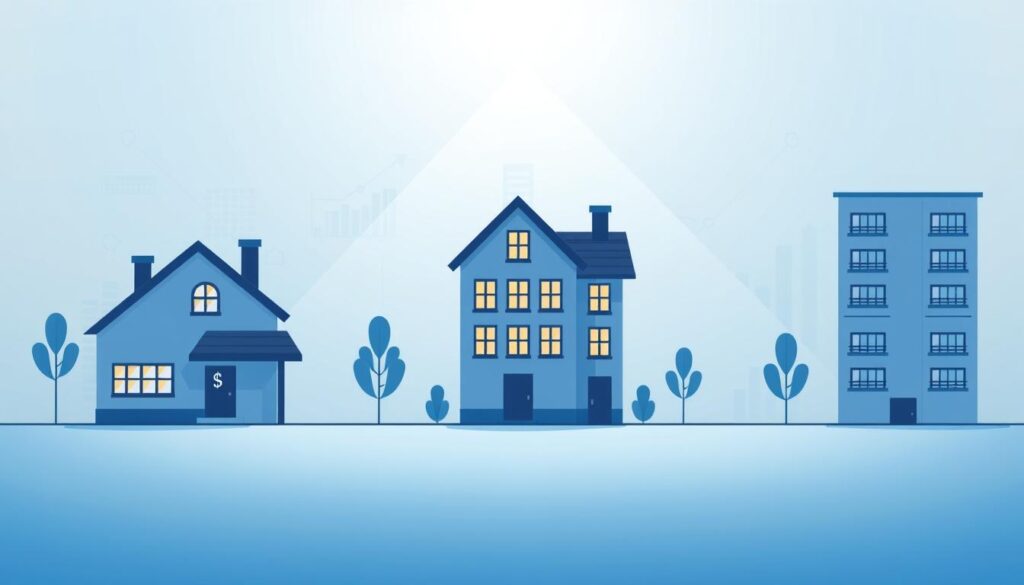
The refinance loan-to-value ratio is key in figuring out your refinancing chances. The type of property you have can change this ratio. This, in turn, affects your mortgage refinance fees.
Single-Family Homes
Refinancing single-family homes is usually the simplest. Lenders see these homes as less risky. This can lead to better terms for you.
- Lower refinancing complexity
- More competitive loan-to-value ratio options
- Potentially lower mortgage refinance fees
Condos and Townhouses
Refinancing condos and townhouses is more complex. Lenders look at extra factors.
- Homeowners Association (HOA) financial health
- Building occupancy rates
- Complex approval processes
Lenders have stricter rules for these properties. The refinance loan-to-value ratio might be tighter. This could raise your mortgage refinance fees.
Knowing these details can help you better understand refinancing.
Refinancing costs vary by property type. They can be between 2% and 6% of the loan amount. For a $400,000 mortgage, this means costs from $8,000 to $24,000.
Conclusion
Knowing the cost to refinance a mortgage is key for homeowners looking to save money. The process can cost between 2% to 6% of the loan amount. This can greatly affect your financial future. It’s important to think about your financial situation before deciding to refinance.
Refinancing offers more than just short-term savings. It can lead to lower monthly payments and interest rates. This can make managing your finances easier. Babcock Ranch Homes suggests looking at the long-term benefits against the upfront costs.
Refinancing should be a well-thought-out financial move. While closing costs can be high, the savings can be worth it. For advice on refinancing, call Babcock Ranch Homes at 518-569-7173. Our experts can guide you on whether refinancing fits your financial goals and the current market.

